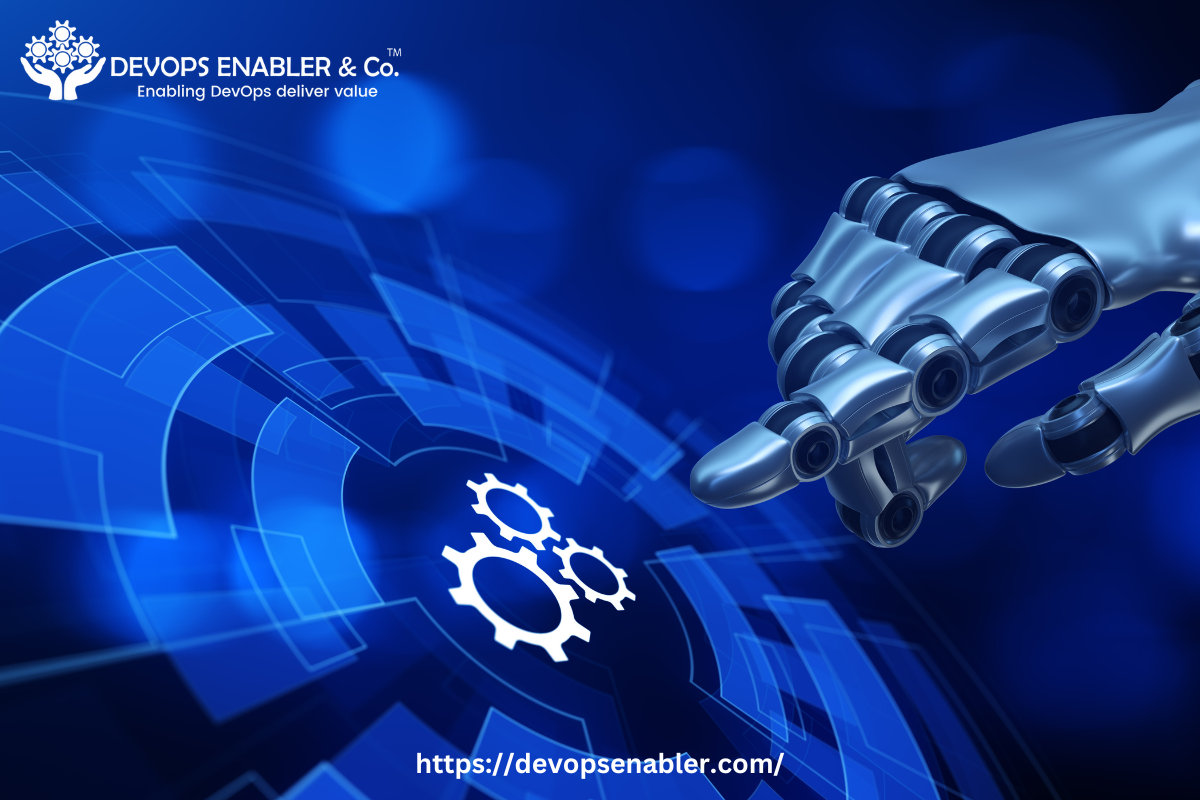The integration of Agile planning and DevSecOps methodologies has ushered in a new era of efficiency and effectiveness. This article is all about "The Strategic Value of a DevSecOps Platform Approach". These techniques offer robust, reliable, and scalable solutions that significantly accelerate application delivery. At the forefront of this revolution lies the strategic value of embracing a DevSecOps platform approach.
With the advent of cutting-edge tools, automated integration, testing, management of digital assets, and vulnerability scanning have become commonplace. These advancements have provided development teams with the capability to build, test, and deploy applications at an unprecedented speed.
However, while DIY-integrated toolchains may initially seem like a boon for accelerating application delivery, they often come with a host of challenges and drawbacks. The incorporation of multiple tools can lead to increased complexity, islands of data, inconsistent security settings, reporting challenges, and compliance issues. Each new addition to the toolchain introduces a new layer of integration, further complicating the workflow for project managers, developers, testers, operations, and security teams. This fragmented approach creates a complex, fragile, and costly toolchain, diverting valuable time and resources away from delivering tangible value.
What development teams truly require is a clean and modern software factory equipped with a fully functional assembly line. This assembly line should be efficient, easy to manage, and capable of swiftly building, testing, and delivering applications without the overhead of managing numerous disparate tools and bespoke integrations.
Automating and Streamlining Software Delivery: The Software Factory
1. Issues and Planning: The ability to capture, discuss, prioritize, and define new requirements and use cases is paramount for delivery teams. Issues serve as the conduit for gathering user needs and requirements, ensuring alignment with specific capabilities.
2. Code Reviews and Approvals: Automated testing and consistent approval methods are essential for ensuring that new code changes meet user needs and adhere to quality standards. This oversight and review process ensures accountability and compliance within the software factory.
3. Distributed Source Code Management: Managing branches, tracking changes across multiple files, securing changes from vulnerabilities, and integrating changes into the code repository are facilitated by distributed source code management. This fosters collaboration and coordination across the entire development team.
4. Repository for Binary Assets: The management and tracking of binary assets produced by the continuous integration (CI) pipeline are critical throughout the testing, validation, and deployment phases.
5. Dynamic Test Environments/Infrastructure: Support for dynamic test environments deployed on demand streamlines development efforts, reducing wait times for testing resources. Leveraging containerization and cloud technology minimizes delays in testing environments.
We're at Your Service - Contact Us: https://devopsenabler.com/contact-us
6. Continuous Delivery (CD): The CD pipeline simplifies the deployment of cloud-native applications, offering seamless integration with multi-cloud environments.
7. Continuous Integration for Every Commit: At the core of the software factory lies the continuous integration (CI) pipeline, automating development tasks for every code change. This ensures that the right sequence of automated tests, scans, and compliance checks is completed consistently.
a) Software Quality Testing: Automated testing covers a range of tests, including unit, API, functional, and non-functional tests, accelerating testing efforts and maintaining code quality.
b) Security Testing: Security scans integrated into the CI pipeline provide immediate feedback on vulnerabilities introduced by code changes, enabling developers to address flaws promptly and avoid rework.
8. Application Monitoring: Rapid and actionable insight from application monitoring empowers developers to detect and resolve issues swiftly, contributing to continuous improvement.
9. Incremental Deployment: Support for incremental deployments, such as canary deployments or feature flags, allows teams to mitigate risks while shipping code quickly and efficiently.
Unlocking Simplicity and Control with GitLab:
GitLab serves as a cornerstone for DevOps teams seeking simplicity, visibility, and control. Its unique features include:
· A unified user experience for the entire software factory.
· A common security and access model.
· A single source of truth for reporting and managing development work.
· Simplified compliance and auditing processes.
· A unified governance and compliance model, fostering collaboration across teams.
The strategic value of a DevSecOps platform approach cannot be overstated. By automating and streamlining software delivery processes, organizations can address the challenges of rapidly building and delivering applications while ensuring quality, security, and compliance. With a modern software factory in place, development teams can navigate the complexities of the software development lifecycle with ease, driving innovation and delivering value to end-users consistently.
Contact Information:
- Phone: 080-28473200 / +91 8880 38 18 58
- Email: sales@devopsenabler.com
- Address: #100, Varanasi Main Road, Bangalore 560036.

